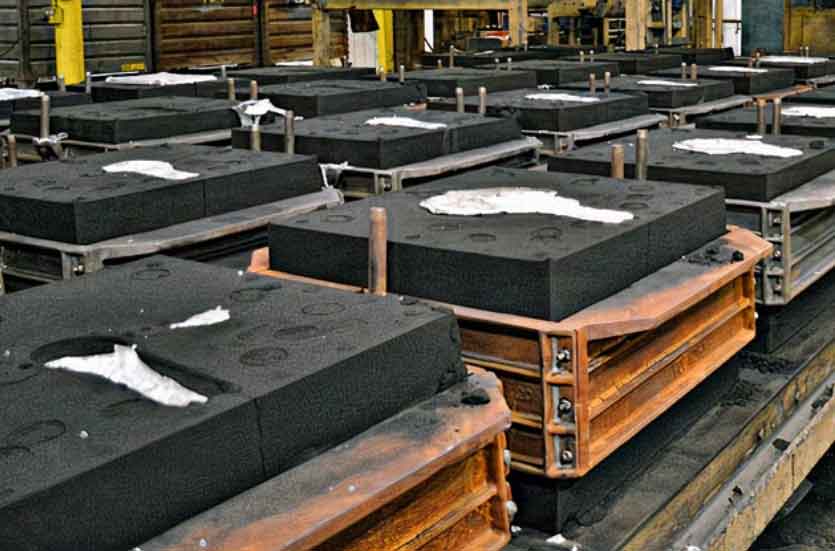
Resin sand casting is a casting process that combines the use of resin binders and sand molds to produce high-quality metal components. It is a versatile and widely used method in the metal fabrication industry to create complex shapes and achieve high precision in the final product. Let’s explore how resin sand casting enhances precision and quality in metal fabrication.
- Mold Preparation: Resin sand casting starts with the preparation of the mold. The sand is mixed with a resin binder, which provides better mold strength and stability compared to traditional green sand molds. This results in improved dimensional accuracy and reduces the chances of mold deformation during the casting process.
- Pattern Production: A pattern is used to create the mold impression. Resin sand casting allows for the production of intricate patterns with high detail resolution. Advanced computer-aided design (CAD) and computer-aided manufacturing (CAM) technologies can be utilized to create highly precise patterns, ensuring that the final product matches the desired specifications.
- Mold Stability: The resin binder used in resin sand casting provides increased mold stability and dimensional control. This stability minimizes the occurrence of mold shifting or distortion during the casting process, resulting in improved accuracy and consistent part dimensions.
- Surface Finish: Resin sand casting can achieve excellent surface finishes on cast metal components. The fine grain size of the resin-bonded sand helps to reproduce intricate details of the pattern, resulting in smooth and precise surface textures on the final product. This is especially important when casting parts that require minimal post-casting machining or surface finishing.
- Dimensional Accuracy: The combination of precise patterns, stable molds, and advanced casting techniques in resin sand casting helps achieve high dimensional accuracy in the final product. This is particularly beneficial when manufacturing parts with tight tolerances or complex geometries, where precision is crucial.
- Material Selection: Resin sand casting can be used with a wide range of metals, including steel, iron, aluminum, and copper alloys. This versatility allows manufacturers to select the most suitable material for their specific application requirements, ensuring optimal strength, durability, and performance.
- Cost-Effectiveness: Resin sand casting offers a cost-effective solution for metal fabrication. The process requires relatively simple equipment and can be scaled up or down to accommodate different production volumes. Additionally, the ability to produce accurate and precise components reduces the need for extensive post-casting machining, resulting in cost savings.
Resin sand casting is a valuable technique in metal fabrication, offering enhanced precision and quality in the production of complex metal components. Its ability to reproduce intricate details, achieve tight tolerances, and provide excellent surface finishes makes it a preferred choice for many industries, including automotive, aerospace, and industrial manufacturing.
